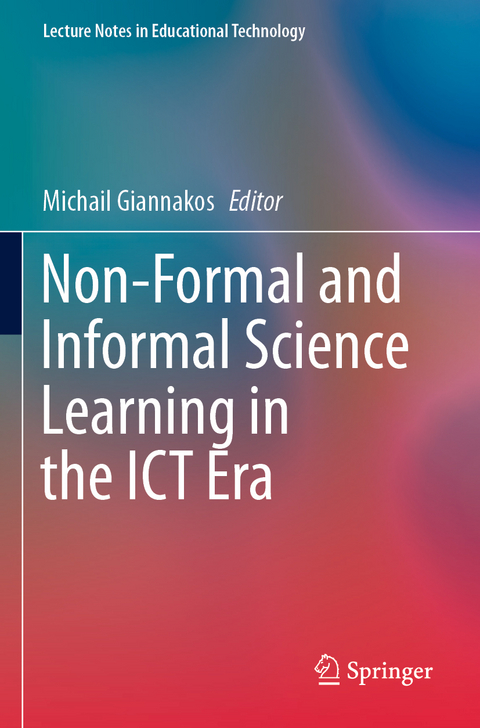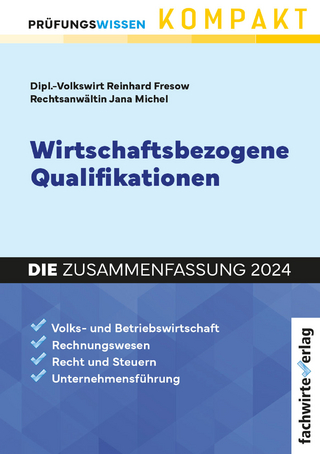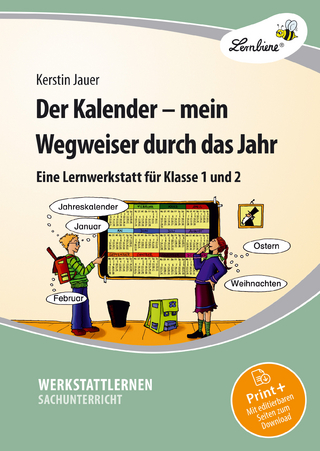
Non-Formal and Informal Science Learning in the ICT Era
Springer Verlag, Singapore
978-981-15-6749-0 (ISBN)
Michail Giannakos is Professor of Interaction Design and Learning Technologies at the Department of Computer Science, Norwegian University of Science and Technology (NTNU), and Head of the Learner-Computer Interaction Lab. His research focuses on the design and study of emerging technologies in online and hybrid education settings, and their connections to student and instructor experiences and practices. Giannakos has co-authored more than 150 articles published in peer-reviewed journals and conferences, including Computers & Education, Computers in Human Behavior, Behaviour & Information Technology to mention few, and has served as an evaluator for the EC and the US-NSF. He has served/serves in various organization committees, program committees as well as editor and guest editor on highly recognized journals. He has worked at several research projects funded by diverse sources like the EC, Microsoft Research, The Research Council of Norway, US-NSF, the German agency for International Academic Cooperation (DAAD) and Cheng Endowment; Giannakos is also a recipient of a Marie Curie/ERCIM fellowship, the Norwegian Young Research Talent award and he is one of the outstanding academic fellows of NTNU (2017-2021).
1. Introduction to Non-Formal and Informal Science Learning in the 21st Century.- Section in Games and Making.- 2. Playing Digital Games as a Mean to Enhance Science Learning.- 3. Thinkpetizers: Creative Thinking for Science Learning.- 4. SkillsDojo: Interactive Missions to Introduce Children to 21st Century Skills.- Section in Coding and Robotics.- 5. Integrating Creative Design, Innovation and Criticality into Programming Education.- 6. Open Online Courses for Informal Teaching and Learning Coding.- 7. Technology-Enhanced Constructionist Approach for Learning Science.- 8. Robotics to Enhance STEM Education.- Section in Innovations in Fairs and Creative Spaces.- 9. Opportunities and Practices for Learning Science in Everyday Life.- 10. Innovations in Maker Spaces for Young Scientists.- 11. Synthesis/Summary.
| Erscheinungsdatum | 24.09.2021 |
|---|---|
| Reihe/Serie | Lecture Notes in Educational Technology |
| Zusatzinfo | 12 Illustrations, color; 7 Illustrations, black and white; VI, 186 p. 19 illus., 12 illus. in color. |
| Verlagsort | Singapore |
| Sprache | englisch |
| Maße | 155 x 235 mm |
| Themenwelt | Schulbuch / Wörterbuch ► Unterrichtsvorbereitung ► Unterrichts-Handreichungen |
| Naturwissenschaften | |
| Sozialwissenschaften ► Pädagogik ► Erwachsenenbildung | |
| Sozialwissenschaften ► Pädagogik ► Schulpädagogik / Grundschule | |
| Schlagworte | Coding in Education • Informal learning • Innovative Practices for STEM Education • Making in Education • science learning • STEM Education • Technologies for STEM Education |
| ISBN-10 | 981-15-6749-2 / 9811567492 |
| ISBN-13 | 978-981-15-6749-0 / 9789811567490 |
| Zustand | Neuware |
| Haben Sie eine Frage zum Produkt? |
aus dem Bereich


